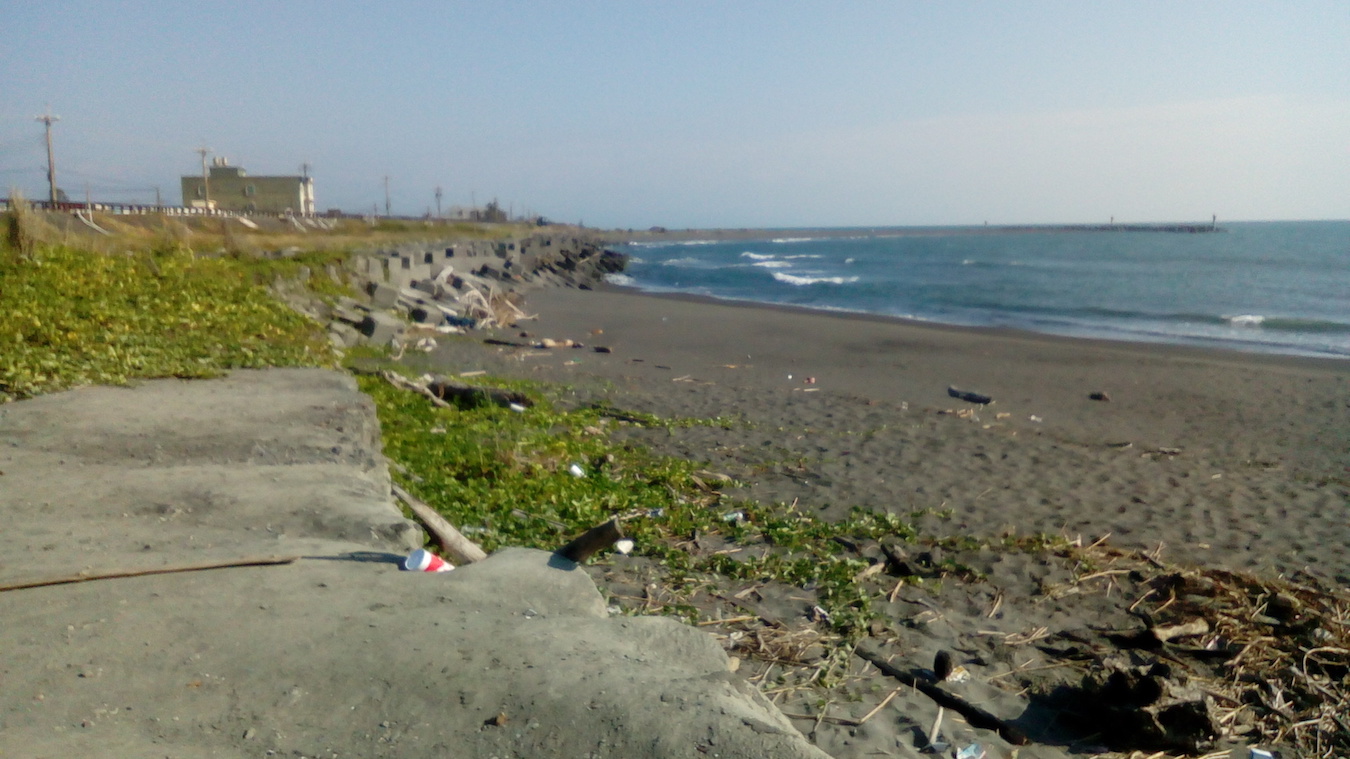by Brian Hioe
語言:
English
Photo Credit: TimChen/WikiCommons/CC BY-SA 4.0
THE SOMETIMES BLURRY line between organized crime and electoral politics, particularly in rural parts of Taiwan, can be observed in the recent sentencing of former DPP county councilor Yan Xumao for amphetamine smuggling. In the first instance, Yan was sentenced to life imprisonment, though he can appeal.
Yan was arrested after a botched attempt to smuggle around 30 bags of amphetamines. Though news reports from outlets state varying amounts of the weight of the amphetamines that he smuggled and list different market values, it is thought that the drugs were worth hundreds of millions of NT. The drugs were smuggled from Hong Kong via a fishing vessel, with the Dongsha/Pratas Islands used as a waypoint, but the smuggling operation was caught by authorities in the port in Donggang Township, Pingtung. Yan is accused of forming the smuggling operation with ten other people.
It is more common for politicians that become caught up in crime to face jail time over land deals, the embezzlement of government subsidies, or vote buying. For example, Yilan county magistrate Lin Zi-miao of the KMT currently faces investigation over rezoned land that was purchased by a relative and later used for a development project, despite that it was originally protected land. Hsinchu mayor Ann Kao of the TPP currently faces charges over embezzling subsidies meant for hiring legislative assistants in collusion with her boyfriend.
Indeed, in Yunlin, Yunlin county council speaker Shen Tsung-lung and county councilors Huang Wen-hsiang, Hsu Liu-pin, and Wang You-min were detained in May by prosecutors over suspected corruption over a wind farm deal. It is alleged that politicians were paid off by wpd Taiwan Energy Company Limited in order to clear the way for the development of a wind farm in Yunlin. Shen and Wang are KMT members, while Hsu and Huang are independents.
 Photo credit:
Photo credit:
It is not necessarily that links to organized crime are an obstacle to holding public office. There may be no better example at present in Taiwanese politics than in Miaoli. Current Miaoli county magistrate Chung Tung-chin, a pan-Blue independent who ran with the endorsement of preceding county magistrate Hsu Yao-chang of the KMT, had a history of involvement with organized crime that involved assault and gang-related killing. In May 1987, Chung and six associates beat a man surnamed Hu to death in a Taipei restaurant, leading to his serving three years and eight months in jail.
Chung also has another assault charge against him, as well as adultery charges. Chung’s checkered record led the KMT refusing to endorse him in elections, though Hsu still broke from the party to back him, and proved an odd instance in which the KMT and DPP both called on him to drop out of the race. Yet this did not prevent his victory.
Another case in point involves the dominance of the Yen family over Taichung politics. Yen family patriarch Yen Ching-piao is the head of the Dajia Jenn Lann Temple, where Taiwan’s largest religious event, the Dajia Mazu pilgrimage, begins. Yen is also a former KMT legislator.
However, the Yen family has long been known for its links to organized crime. Past charges faced by Yen included attempted murder, illegal firearms possession, and corruption.
In this sense, the Yen family stands at the intersection of organized religion, gangster crime, and electoral politics in Taiwan. While family scion Yen Kuan-heng was ousted from his legislative seat in 2020 and failed to recapture it in a by-election in January 2022, he is running for legislature again. That being said, he is currently under investigation over the sale of a mansion he owned built on protected land. Having already come under fire over the mansion in the lead-up to the 2022 by-election, Yen is now under investigation for the sale of the mansion at under market value.
The visibility of gangsters in public life was highlighted by recent incidents such as a branch of Bamboo Union gang holding an ostentatious banquet in downtown Taipei at the Taipei Marriott, and the shooting of a pawnshop in New Taipei. Since then, the Tsai administration has vowed to rein in organized crime, and to crack down on gangs. That being said, this proves challenging when organized crime can enjoy deep links to electoral politics, in both major camps.

